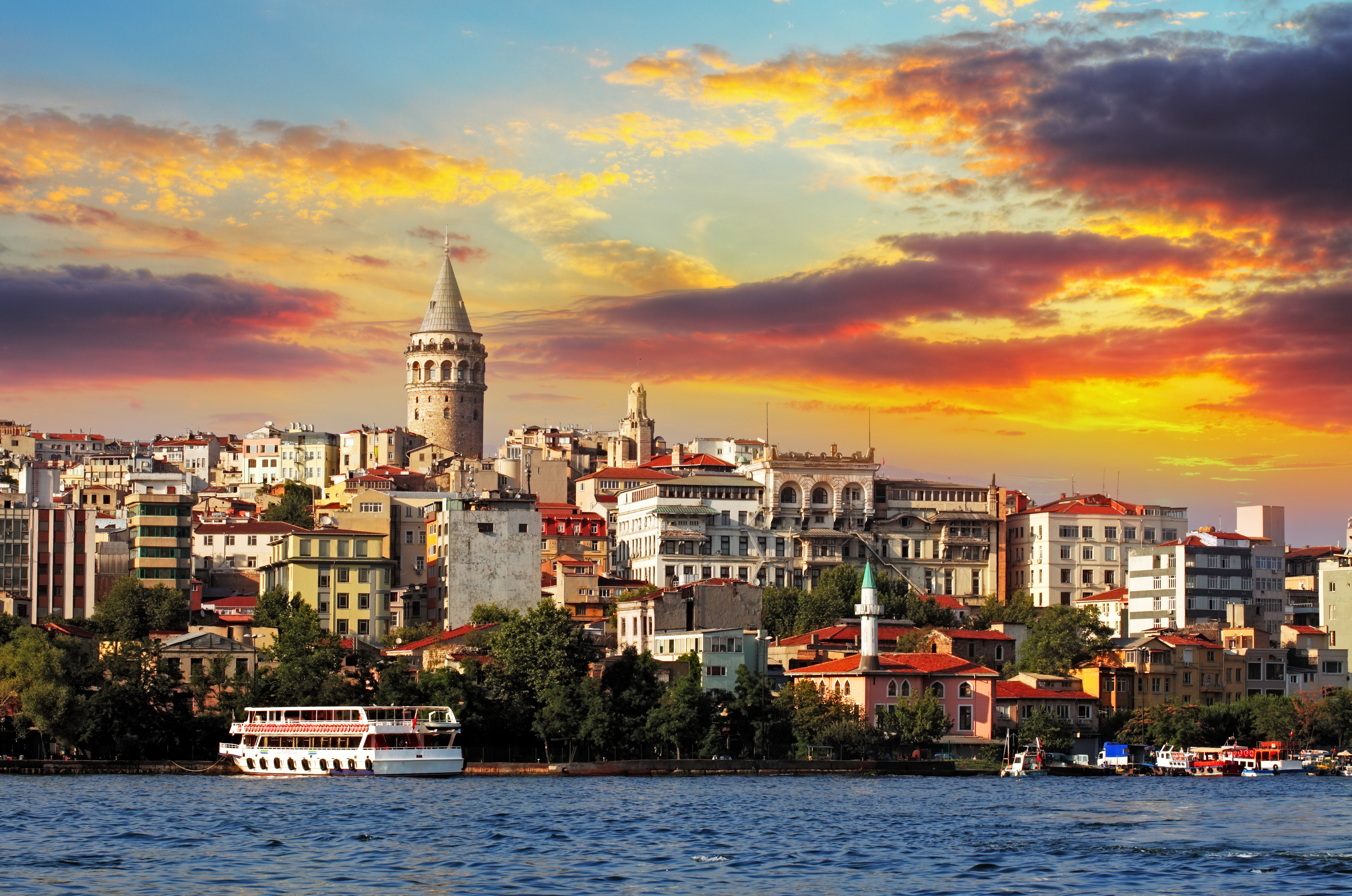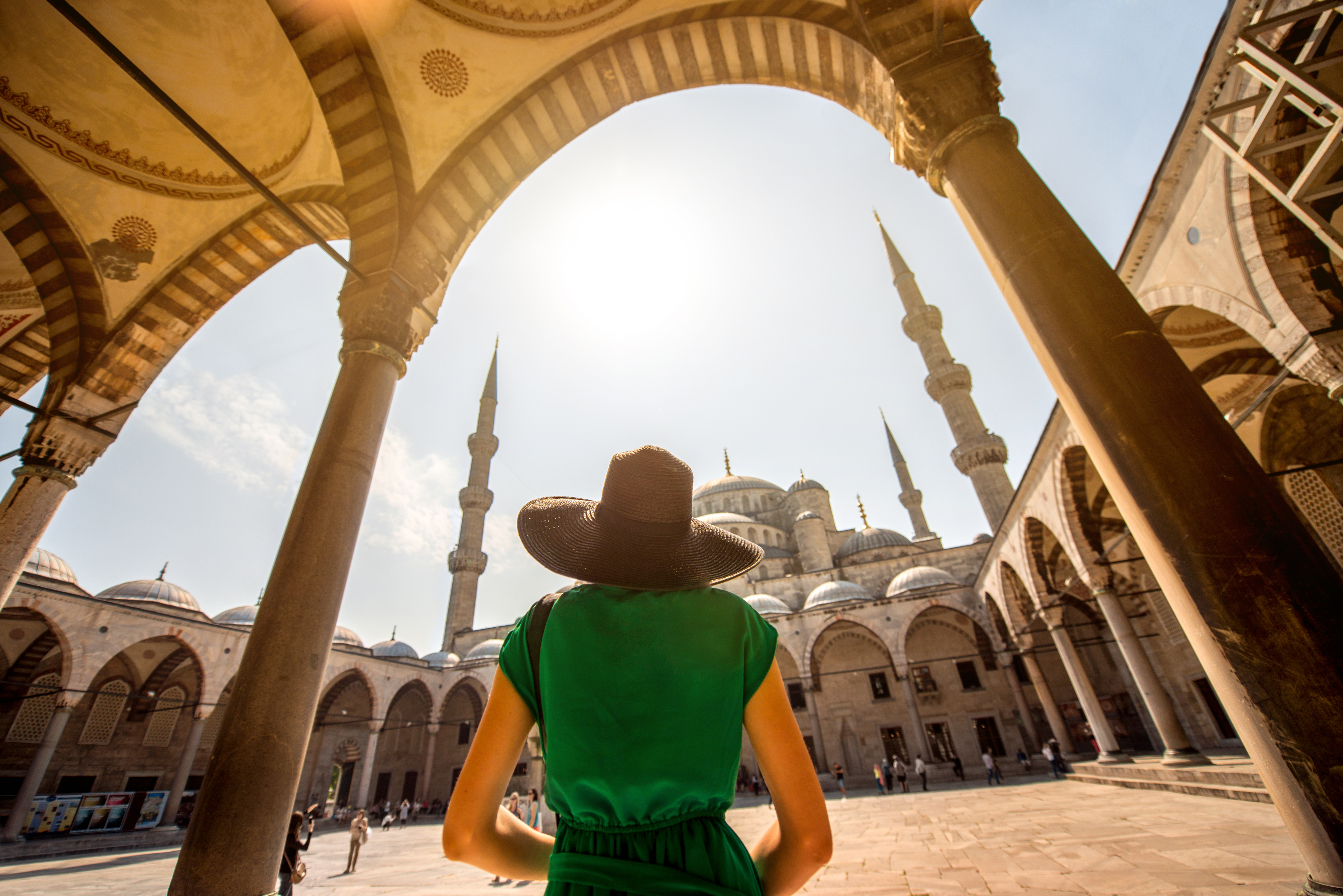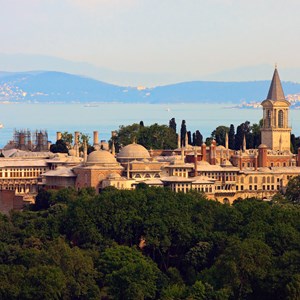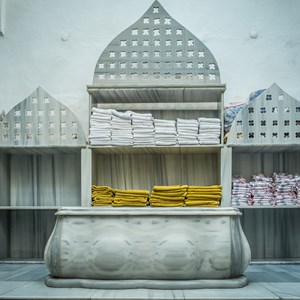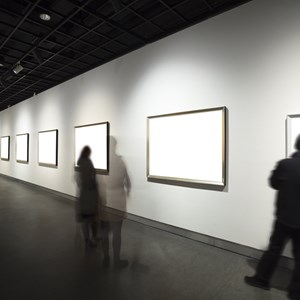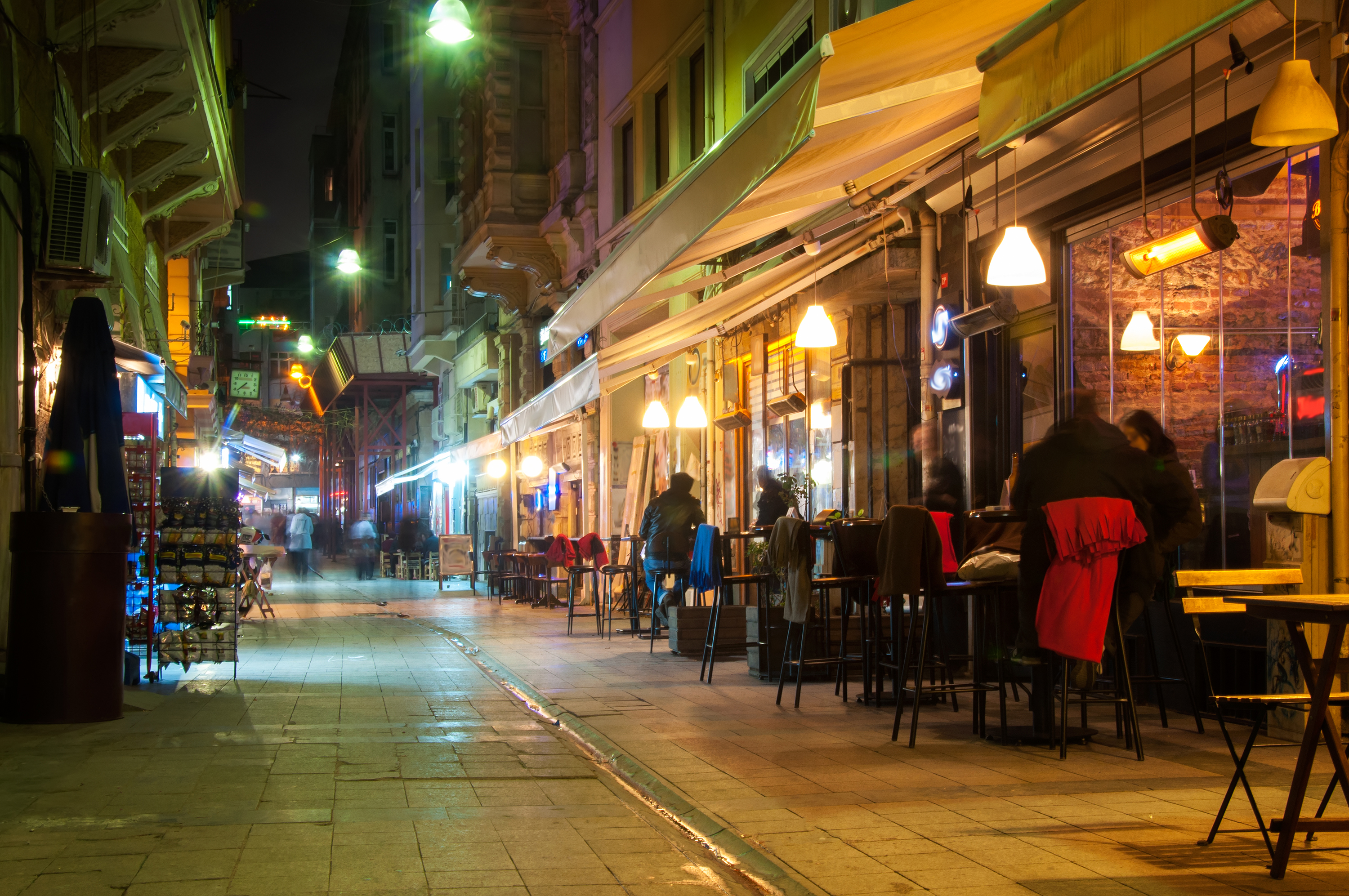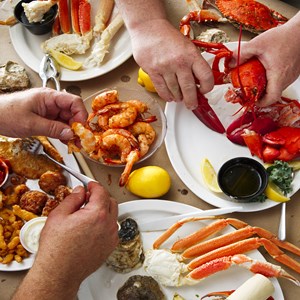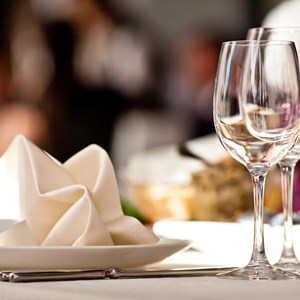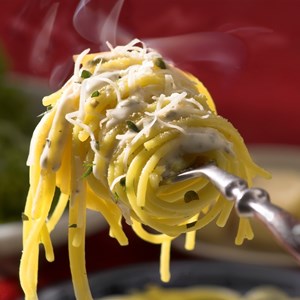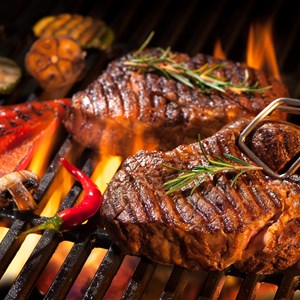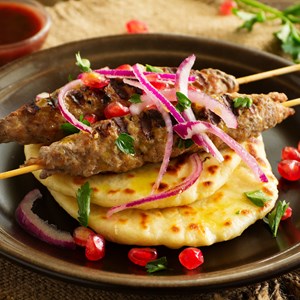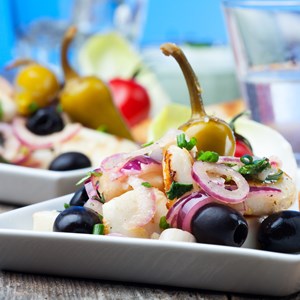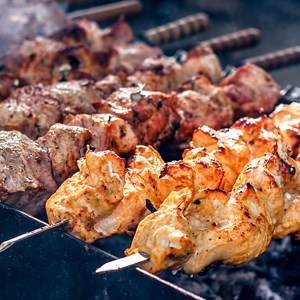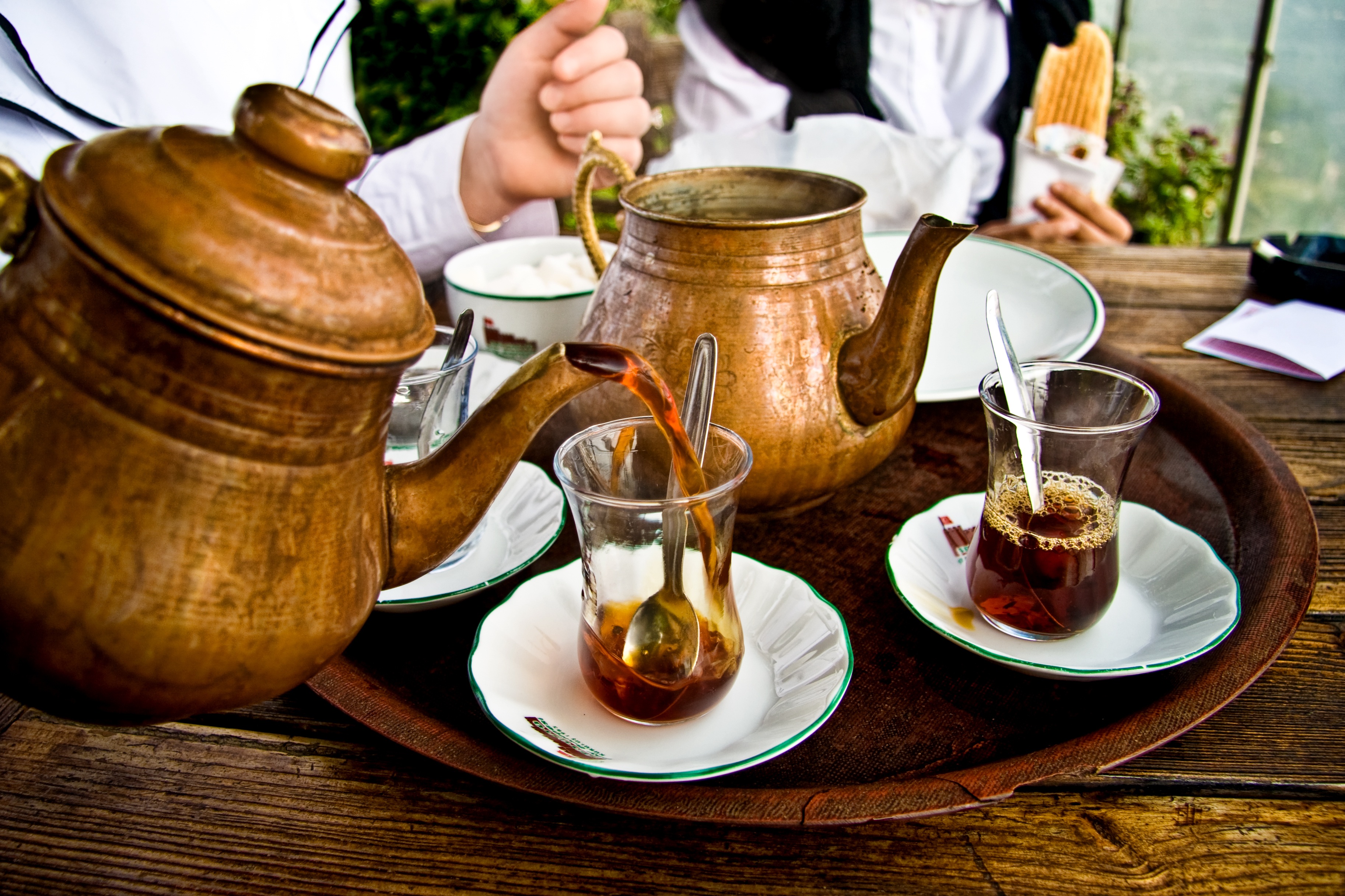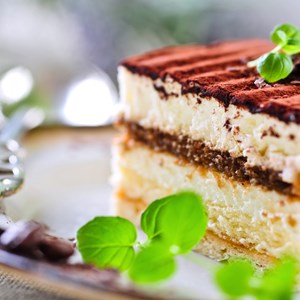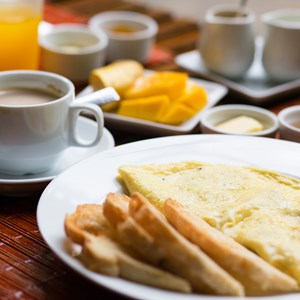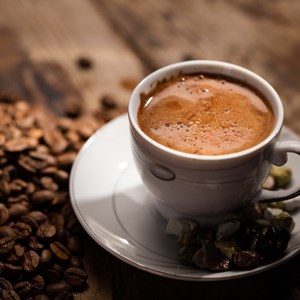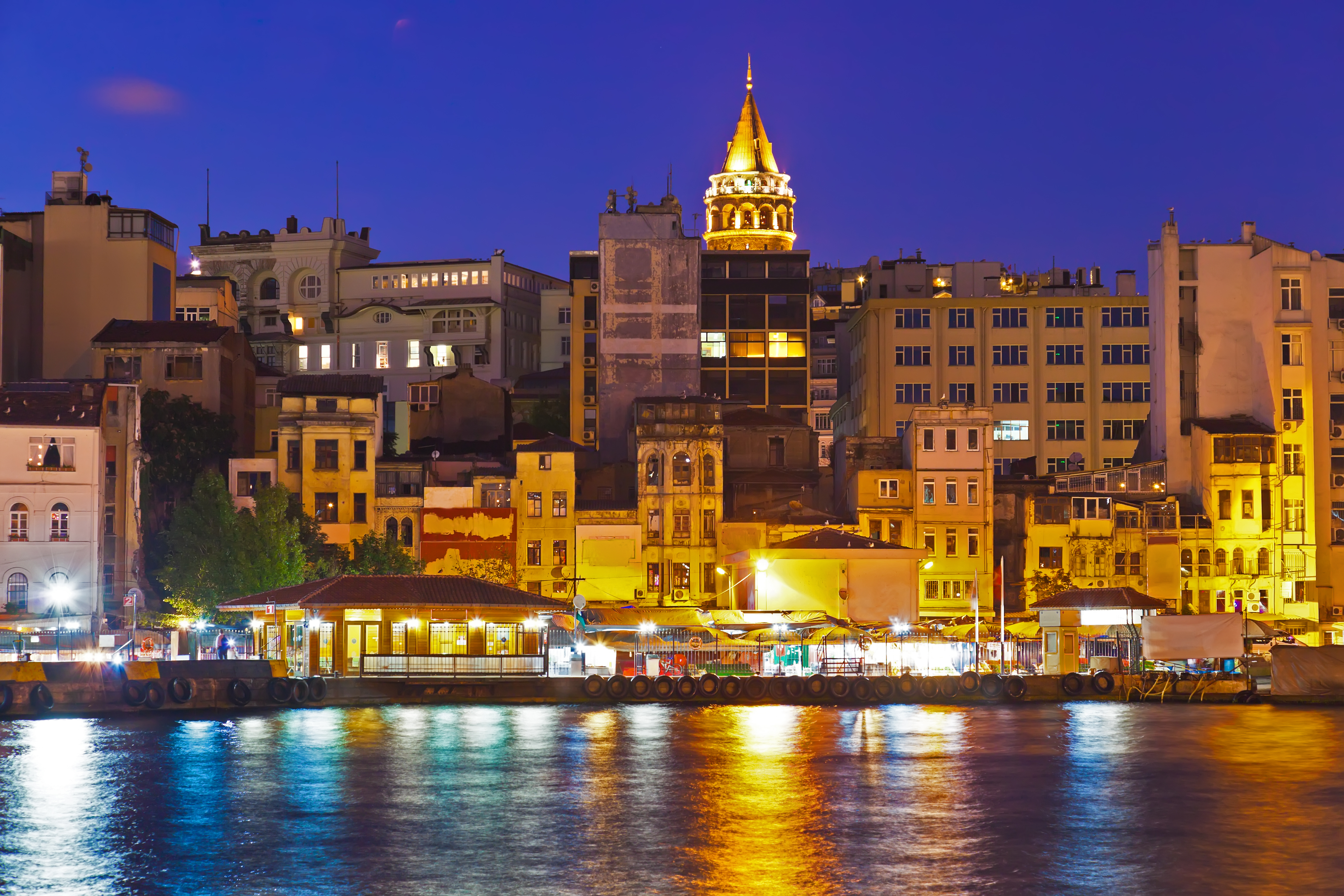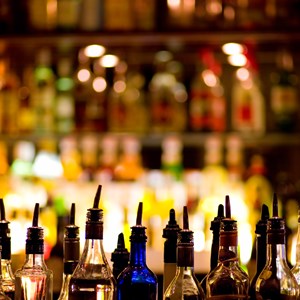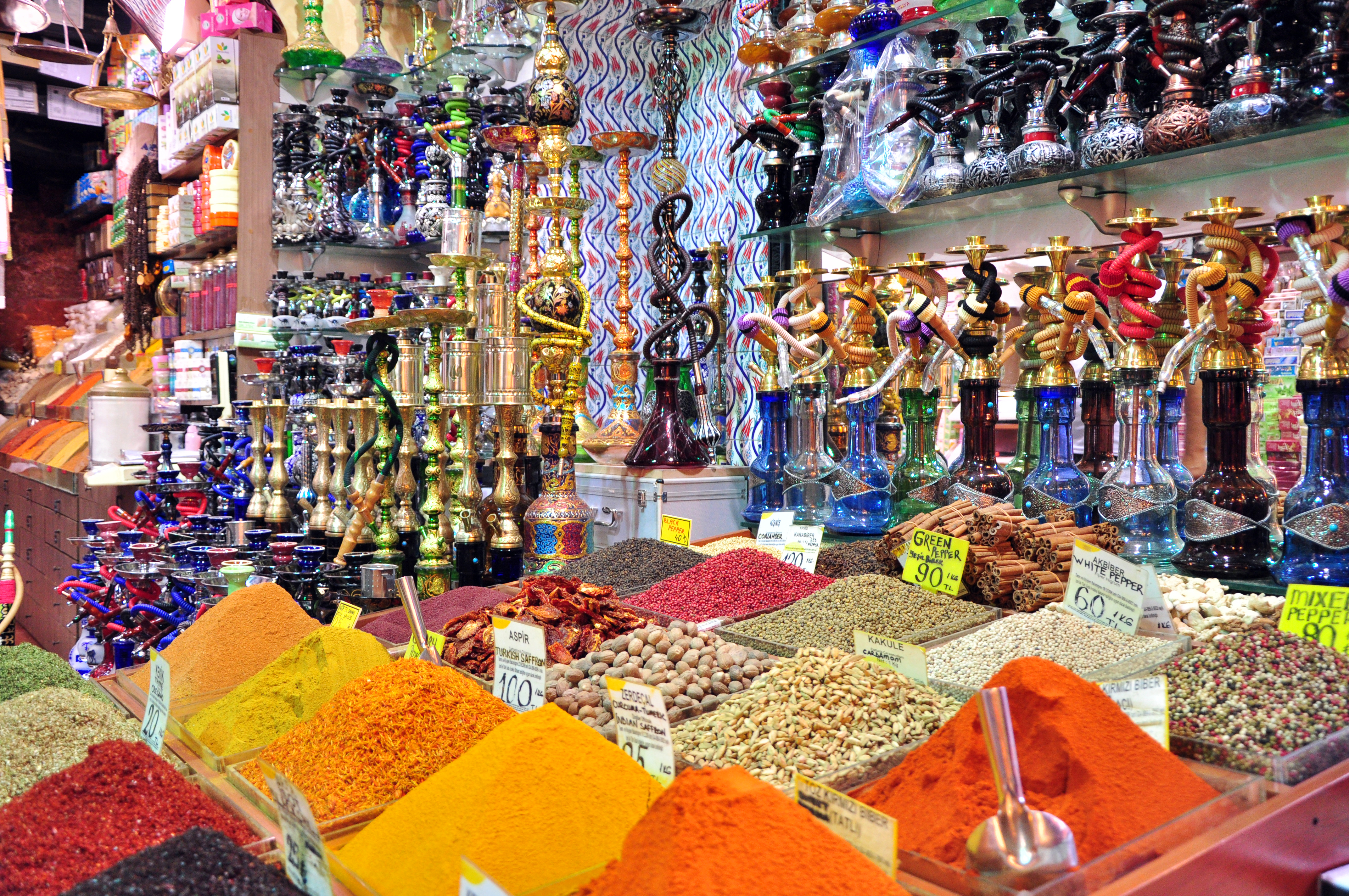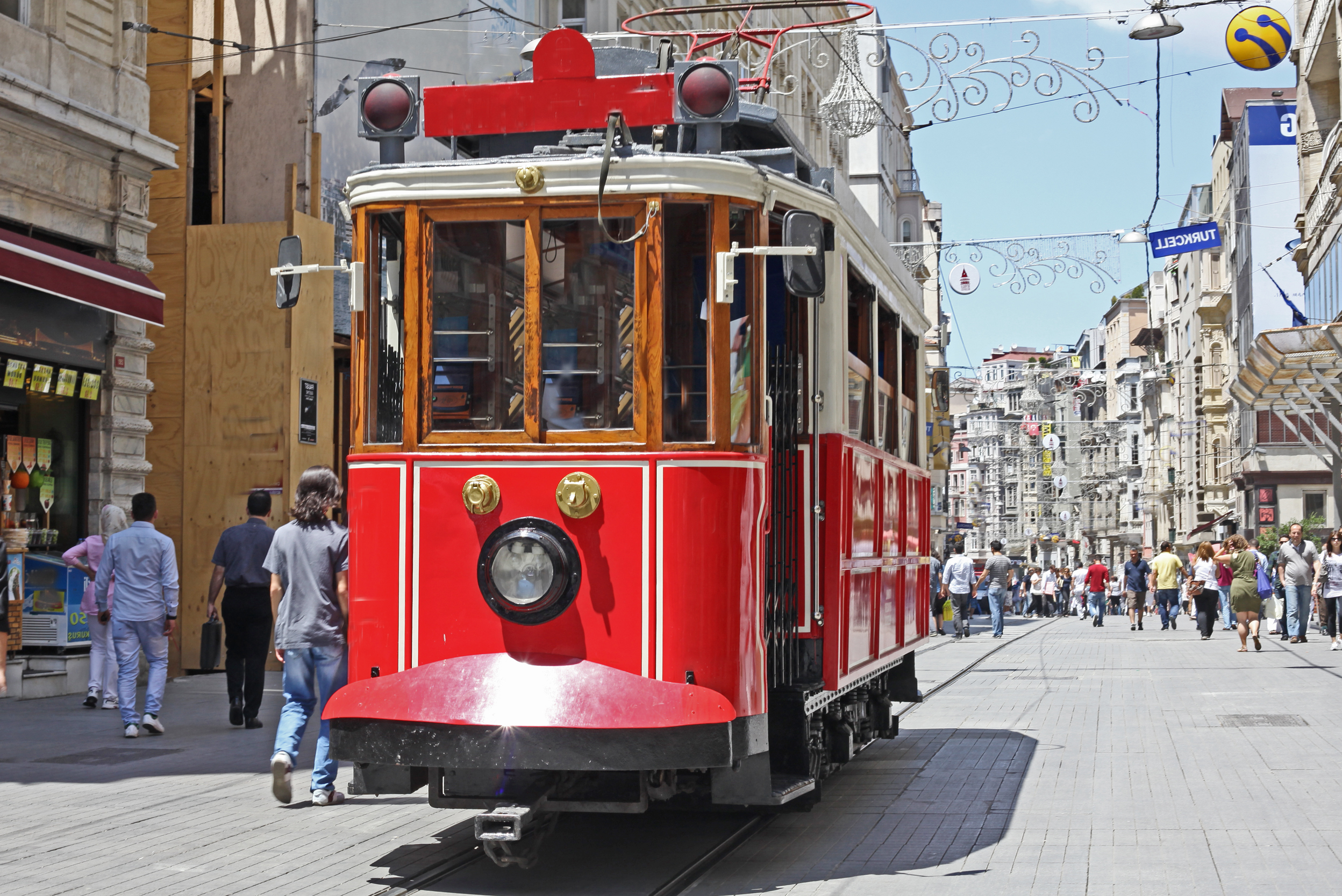

It’s easy to lose yourself in Istanbul's grandiose history, but modern Istanbul is a simmering metropolis, well worth a visit in its own right. The shopping is world-class and the nightlife pulsates around not one but several districts. Even though Istanbul is no longer the capital, it’s still the country’s business and cultural centre, still the city where new trends are created.
The City
Constantinople, the centre of the Byzantine Empire which lasted over a thousand years, later became Istanbul, the capital of the Ottoman Empire for almost 500 years. The city is a mixture of Europe and Asia, a unique urban composition. A stroll around Sultanahmet, inside the city walls, among mosques, museums and the Great Bazaar is a trip through both history and daily life.
Modern Istanbul is on the other side of the Galata Bridge in Beyoğlu. The city is at its busiest from the Karaköy ferry terminal, through the always happening and youthful Cihangir, along the main tourist shopping İstiklal street and all the way to the famous Taksim square.
Istanbul’s Asian side has avoided much of the international tourism and has retained a more humdrum character. Moda district is brimming with cafes and bars frequented by local hipsters, while a bit more traditional Üsküdar caters to visiting families.
Waterways play a central role in the life of the city and boat traffic on the Bosphorus, the Golden Horn and the Sea of Marmara is running like clockwork. Along the banks you can find small cafes where you can enjoy a glass of tea and magnificent views over the town.
Do & See
Istanbul is a vibrant city whose grandiose history is utterly fascinating. Take a stroll around the city and admire the amazing mosques, museums and the Great Bazaar, or even visit an authentic Turkish bath.
Dining
A meal often begins with meze, a number of small dishes such as aubergine purée, börek, various salads and cheese. Filling vegetables such as tomatoes, paprika, aubergines and courgette with rice and minced meat is typically called dolmasi in Turkish. There are special restaurants that only serve kebab, köfte, meatballs or Köfteci. Simpler restaurants are called Lokanta.
Cafes
Coffee has played an important role in Turkish lifestyle and culture so there is no wonder that Istanbul offers many old and new cafés. Why not try a cup of traditional Turkish coffee or tea which is served in a tiny gracious cup.
Bars & Nightlife
Istanbul’s nightlife is diverse, with something for nearly every preference and pace. While the historic areas of Sultanahmet and the Old City tend to quiet down after dark, other districts come to life in the evening.
Taksim and nearby Beyoğlu are among the most accessible areas for nightlife, offering a broad range of bars, pubs, rooftop venues and music spots. From small, laid-back establishments to larger venues with DJs or live music, this part of the city has a constant buzz. Istiklal Street, in particular, is a central artery for those looking to explore on foot.
For a more upmarket or contemporary experience, head further north to neighbourhoods like Etiler, Levent and Ortaköy. These areas are known for their stylish bars, high-end lounges, and Bosphorus-side clubs. Many locals and visitors alike come here for a more polished night out, with venues often featuring scenic views and modern interiors.
While alcohol is widely available in Istanbul, note that some bars may be quieter during religious holidays or Ramadan. In general, the city balances traditional culture with a growing modern nightlife scene, offering options from relaxed shisha lounges to lively nightclubs.
Shopping
Istanbul has become a major shopping destination for several categories of travellers. Some tourists are looking for outdoor markets, bazaars, carpet and kilim workshops, copper working shops, antique and handicraft stalls, and the city definitely delivers on this promise. Another cohort of visitors is coming to Istanbul for luxury brands and exclusive antique shops.
No matter your preferences, you can be sure that your shopping needs and desires will be met. Istanbul is big enough to support multiple shopping districts with boutiques, small shops, covered bazaars and enormous shopping malls.
Tourist Information
Istanbul Airport (IST)
The new Istanbul Airport on the European side of the city is the main international airport serving Istanbul. The airport is a major hub for Turkish Airlines. By total passenger traffic, it is the busiest airport in Europe and 13th-busiest airport in the world. It is about 40 kilometres away from Taksim and 52 kilometres from both Sultanahmet, historical centre on the European side of Istanbul, and Kadıköy, city centre on the Asian side. The Istanbul Airport currently operates a single terminal for domestic and international flights.
Free WiFi is available at Istanbul Airport for one hour. You can register with your phone number or by using your passport at WiFi kiosks.
The most popular mode of transportation to the airport from the city centre is by HAVAİST buses. They have stations throughout the city, including next to Taksim Square. You can buy your ticket online, at least 6 hours in advance, or pay by card when you board. The new M11 metro line, launched in January 2023, also connects Istanbul Airport to the city.
Istanbul city taxis are readily available 24 hours a day outside the arrival and departure areas of the airport. A trip to Istanbul city centre by taxi takes approximately 40 minutes. Alternatively, Uber operates in Istanbul.
Address: İstanbul Havalimanı, Arnavutköy, Istanbul
Email: ist@igairport.aero
Phone: +90 444 1 442
Website: www.istairport.com/en/?locale=en
More Information:
Sabiha Gökçen International Airport (SAW)
Sabiha Gökçen serves as Pegasus Airlines' main base, this airport offers more budget-friendly flights than Turkish Airlines. Despite being smaller than Istanbul's primary airport, Sabiha Gökçen maintains significant importance with connections across Europe, the Middle East, North Africa, Central Asia and more.
The M4 metro line provides direct access to Kadıköy on Istanbul's Asian side, where travellers can transfer to Turkish Railways or ferries continuing to the city centre.
Facilities include various cafes and restaurants, free Wi-Fi, charging stations, and shops selling travel essentials and mobile accessories.
Address: Sanayi, Pendik, İstanbul
Email:
Phone: +90 216 588 88 88
Website: www.sabihagokcen.aero/metro-en
More Information:
Public Transport
There is one public and one private bus network, IETT and Halk Otobus, respectively. The underground, Tünel, runs from Karaköy till Istiklâl Cad in Beyoglu and takes a few minutes. There is also a museum tram up toward Taksim Square.
Another tram route goes from Kabatas via Galata bridge and the Spice Bazaar to the south-western suburbs. The Metro goes from Taksim north to Levent and from Aksaray to Otogar in Esenler, where buses depart for other parts of Turkey, Europe and to the airport.
Dolmuses are minibuses or large taxis that depart when they are full, and stop where you want them to. They are the cheapest form of transport.
Ferries between Europe and Asia leave from Eminönü, Karaköy and Besiktas to Üsküdar, Kadiköy and Harem.
Akbil is a type of payment card that you can top up with various sums and use on buses, boats and trams. It can be bought at major junctions.
Address:
Email: iett@iett.gov.tr
Phone:
Website: www.iett.istanbul/en
More Information:
Taxi
Taxis are yellow in the inner city and lilac in the suburbs. There are numerous taxi companies. Different hotels work with different companies and can book your transport to the airport. It’s best to hail a taxi on the street, or go to a taxi rank and ask for a business card.
Alternatively, Uber and a local app called BiTaksi are available in Istanbul involving regular vehicles and yellow taxis.
Address:
Email:
Phone:
Website:
More Information:
Post
The Grand Post Office is in Hobyar, near the Istanbul Railway Museum. Other PTT-offices are on Taksim Square and Istiklâl Cad. Open from 9 am to 5 pm, Monday through Saturday and closed on Sundays.
Address: Hobyar, Büyük Postane Caddesi No 25, Fatih, İstanbul
Email: info@ptt.gov.tr
Phone: +90 2 444 1 788
Website: www.ptt.gov.tr
More Information:
Pharmacy
Pharmacies are called 'Eczane' in Turkish. Istanbul offers many options both working regular hours or 24/7. In Istanbul, there isn't a dominant pharmacy chain; they are owned by individual pharmacists.
Address:
Email:
Phone:
Website:
More Information:
Electricity
The standard voltage in Turkey is 220V with a frequency of 50Hz. The standard power plugs are Type C and Type F.
Address:
Email:
Phone:
Website:
More Information:
Telephone
Country number +90
Area code: 212 and 216
Address:
Email:
Phone:
Website:
More Information:


